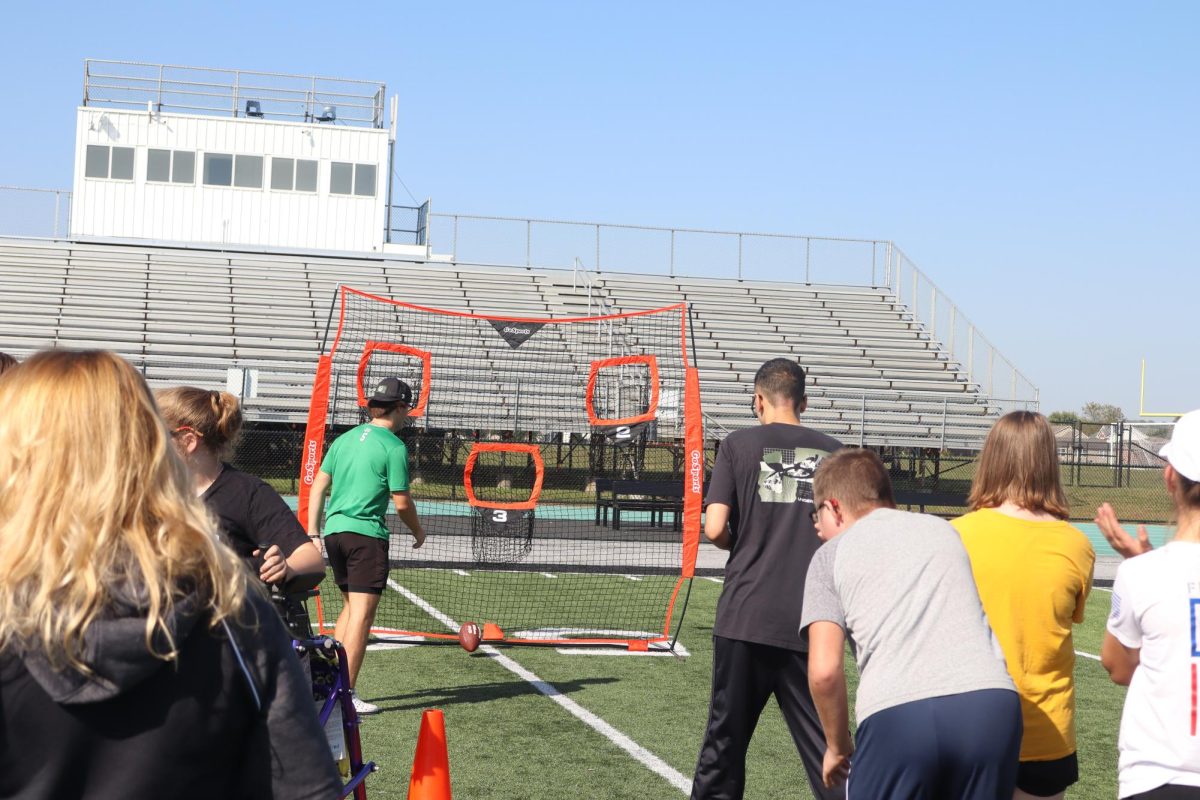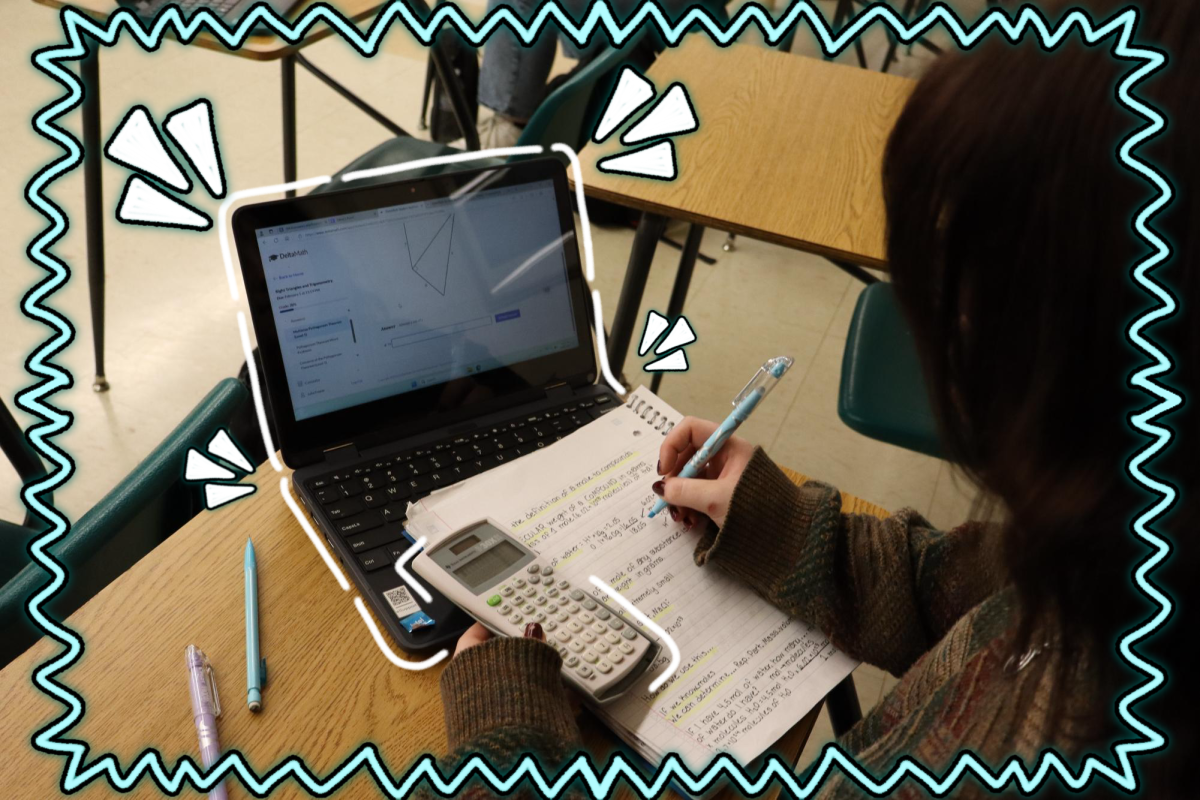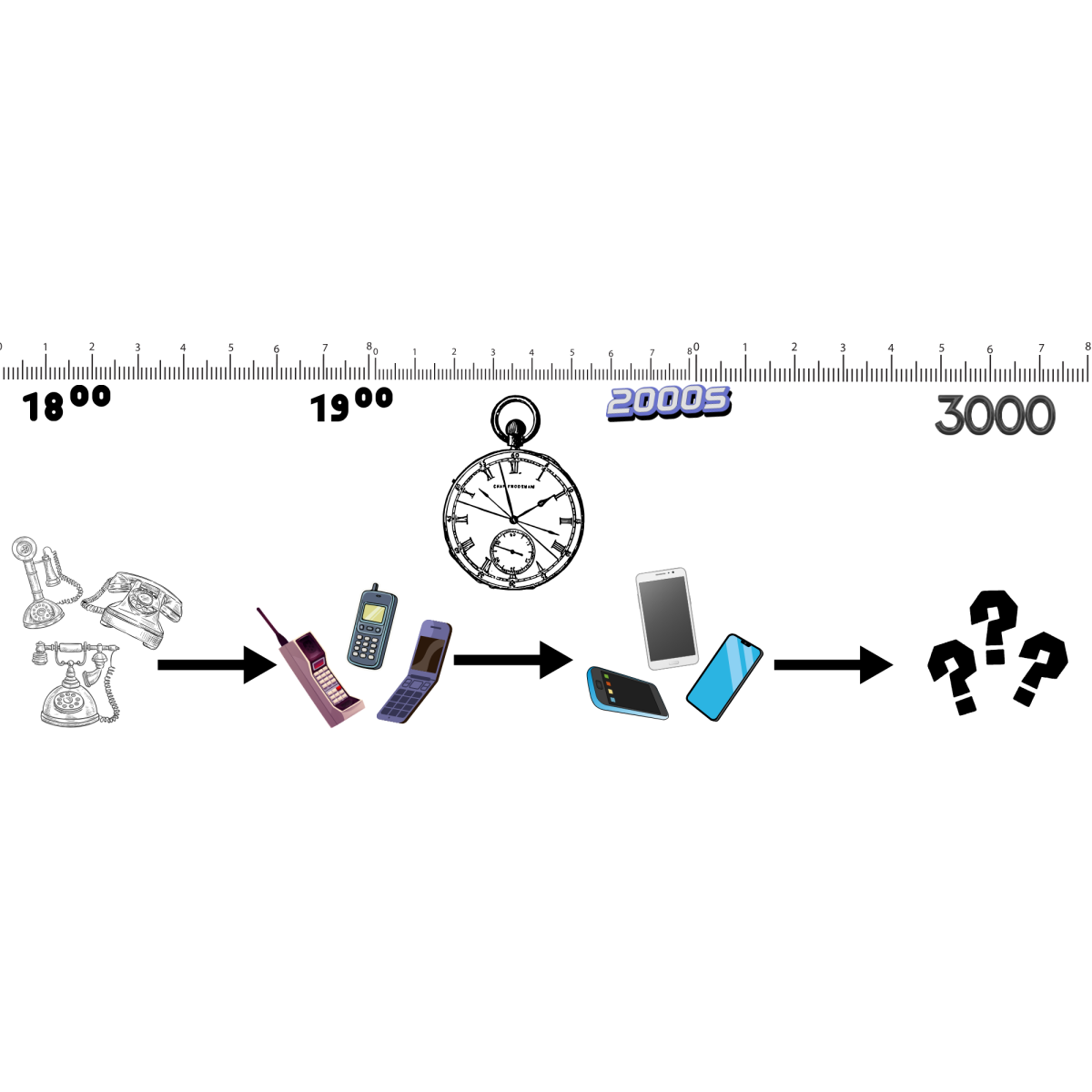Have you ever wondered why some students seem to excel effortlessly while others struggle, despite putting in the same amount of effort? The secret often lies in their study skills. Effective study habits can make a significant difference in academic performance, helping students to retain information better and perform well in exams. Understanding and applying the right study techniques can transform your educational experience.
Having a well-structured schedule is crucial for effective time management and academic success. It helps organize tasks, set clear goals, and ensure that all important activities are given adequate time. New tools like digital planners and productivity apps can be very helpful in keeping track of assignments, deadlines, and study sessions. To prioritize study skills, it’s essential to identify the most challenging subjects and allocate more time to them. Breaking down large tasks into smaller, manageable chunks can make studying less overwhelming. Regular breaks and setting achievable goals can boost productivity and maintain motivation. An article written by the University of Illinois Urbana Champaign encourages this by saying, “Set goals for yourself. For example: ‘By the end of this study session, I want to be able to/do understand _______.”
Note taking is an essential skill for effective learning and retaining the information. There are several methods to choose from, such as the Cornell method, which involves dividing your page into three sections with one for notes, then key points, and a summary, which helps with organizing. Having the ability to take good notes includes improved focus during class, better understanding of the material, and a useful resource for a test or exam. Active learning is another great way to study if you learn easier with hands-on practice. Active learning encourages participation, problem solving, debates, and hands-on projects. By being more directly involved, students can develop a deeper understanding of the material.
Managing stress while studying is crucial for maintaining both mental and physical health. It’s essential to create a balanced schedule that includes dedicated study time as well as breaks for relaxation. Incorporating techniques such as deep breathing exercises, meditation, or even short walks can help alleviate stress. Additionally, staying organized with a planner or to-do list can reduce the feeling of being overwhelmed. It’s important to also set aside time for hobbies and social activities to ensure a well-rounded and enjoyable study routine.
Ultimately, effective study skills are essential for academic success and personal growth. Techniques such as active reading, note taking methods, and time management strategies can significantly enhance learning efficiency. By implementing these skills, students are set up for success. Remember, the key to successful studying is consistency and finding the methods that work best for you. Anyone can improve their study habits and excel in their educational journey!





























